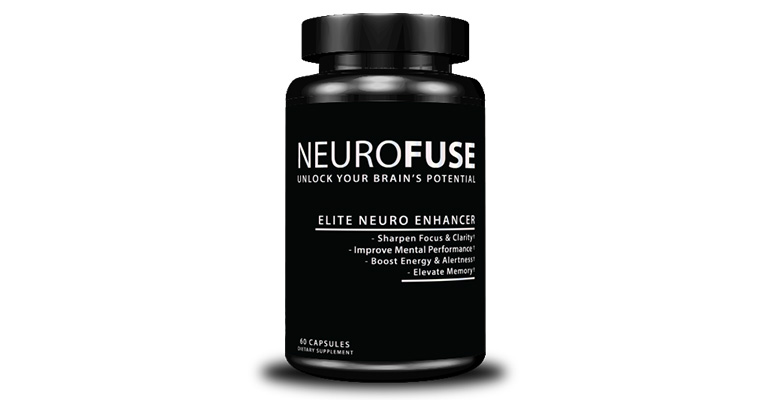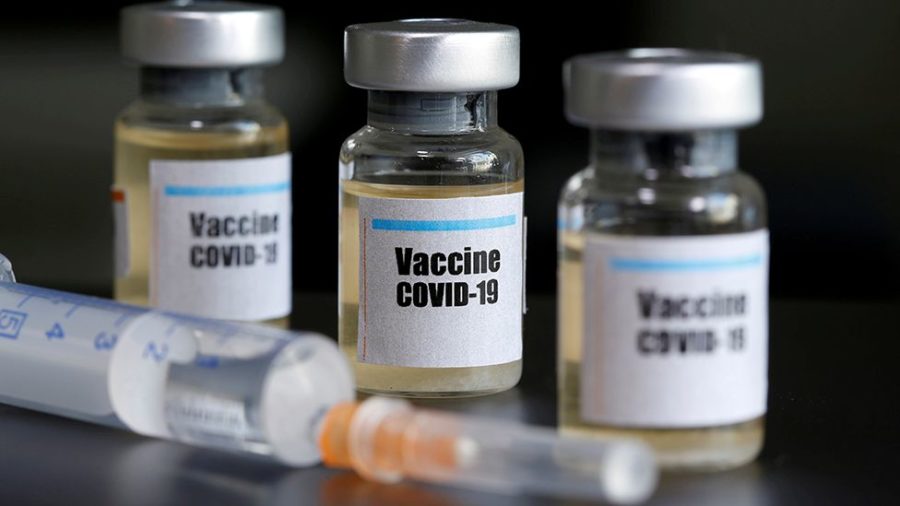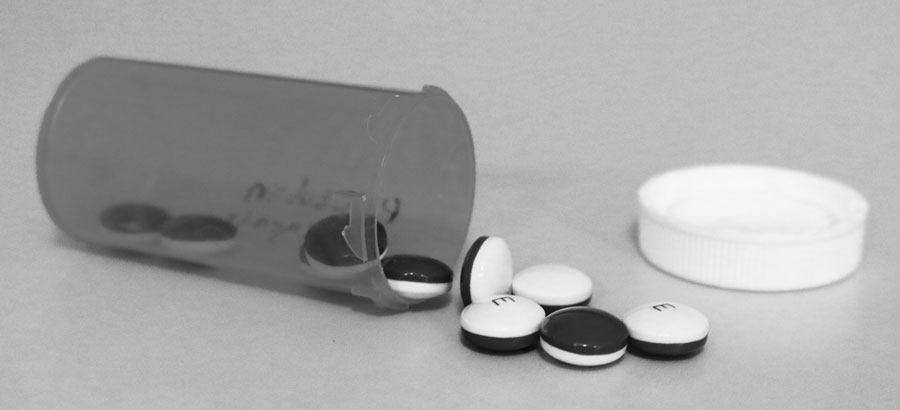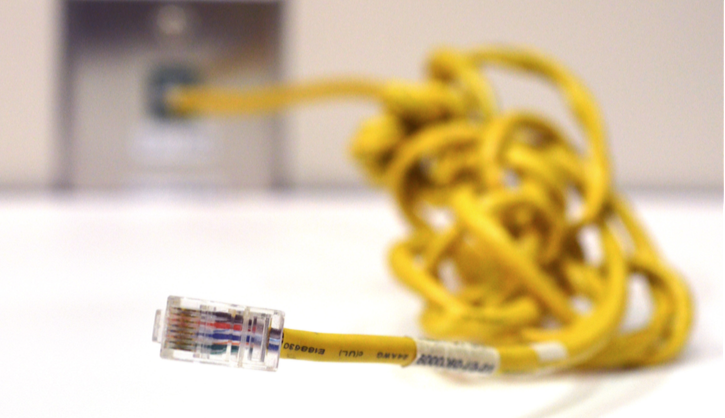Recently an unexpected issue has come up on college campuses around the U.S., an issue that presents ethical questions that even Socrates likely never contemplated.
This issue is the growing use of legal drugs which claim to enhance students’ ability to focus and retain information when studying for tests or exams. Drugs like NeuroFuse purport to dramatically increase users’ focus, concentration, retention and energy as well as claim to be completely safe and legal as well.
A study published in the Journal of Phytomedicine claimed that Rhodeola Rhosea, a plant that forms one of the ingredients in NeuroFuse, has been scientifically proven to improve test scores as high as 8 percent when taking during study sessions leading up to taking the exam.
NeuroFuse, originally developed by roommates at Harvard University, is likely the most prominent of these new drugs. Taken in a powder form much like whey protein supplements, it has proven to be particularly attractive to college students, to whom they offer a significant discount for on the website. It offers a 30-day back full refund guarantee if users are not satisfied, and is accessed “over-the-counter” via its website.
As far as safety, the Food and Drug Administration (FDA) does not regulate dietary supplements. However, according to the website, all of the ingredients in NeuroFuse are certified for use in supplements by the FDA.
According to the website, the “manufacturing facility has stringent quality and safety standards and it is a certified GMP facility that routinely undergoes FDA screenings.”
Safety concerns do not seem to be extremely worrisome then, but the ethical implications have been a little trickier. Questions have been raised about if the use of these drugs constitutes cheating in universities. So far no rulings have been given out by any school, but the increasing popularity of these types of “smart drugs,” or “cognitive enhancers” as they are called in the pharmaceutical industry, has many school administrators concerned.
Students at The University of Southern Mississippi did not seem terribly impressed or desirous of these types of drugs, and said that they might only seem attractive to less motivated students.
“Students who naturally have the self-confidence to perform well on their own merit – and not with a synthetic aid – will always outshine the lazy student,” said Celsey Shaddox, a senior political science and economics double major.
Dylan Copeland, a sophomore construction engineering technology major who was the valedictorian of his high school, agreed. “I’ve heard people say that (smart drugs) help them, but I don’t think they’re necessary.”
Only time will tell if the use of these drugs is just a passing fad or if they are something that will require more regulation as they develop in popularity.












































